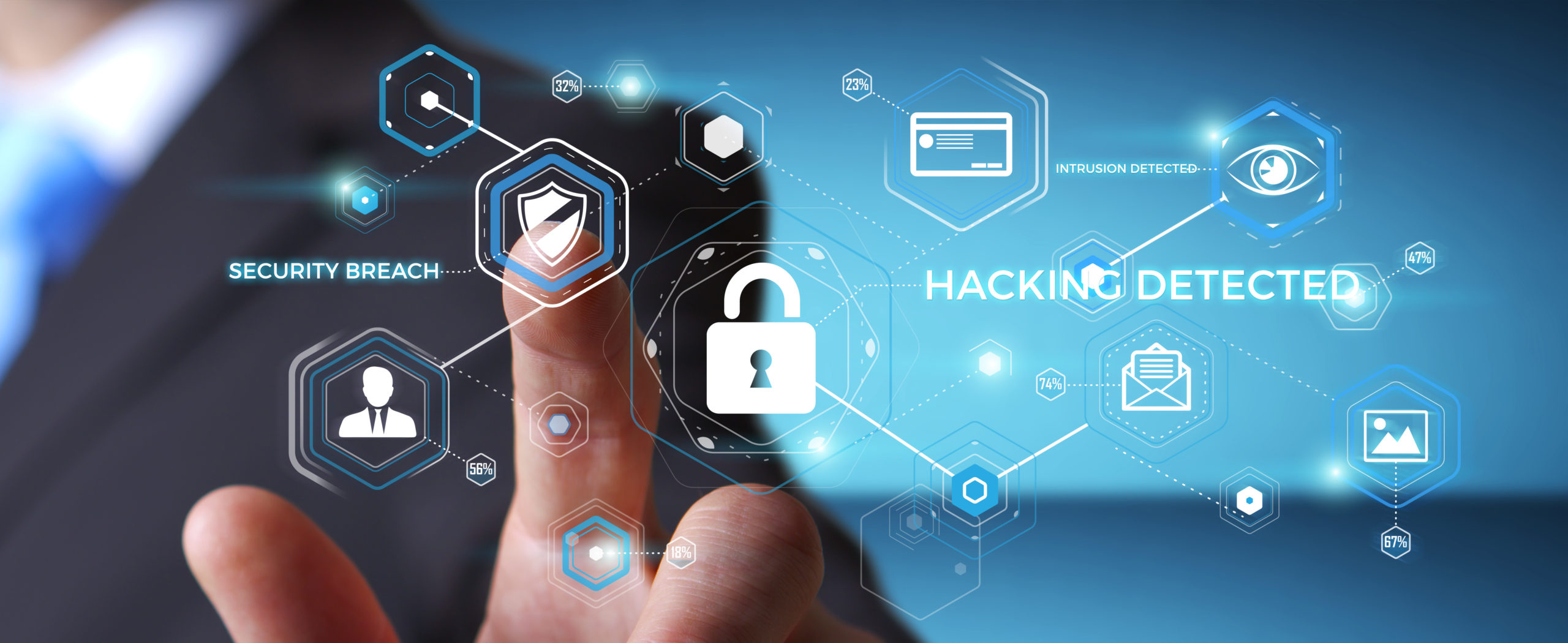Cybersecurity security is always a critical topic, especially in business settings. While individuals have to be strict about handling their security, companies have even more to consider due to the potential impact on their reputation, customer data, and financial assets. Hence, companies need to take a proactive approach to cybersecurity. With the ever-changing landscape of digital threats, adapting to new challenges and staying ahead of potential risks is crucial for businesses to limit hacker attacks.
An effective strategy is outsourcing IT needs to experienced professionals. This will relieve enterprises from focusing on cybersecurity, allowing them to concentrate on their core functions and growth. Companies can benefit from the expertise and resources provided by these experts.
As technology advances, cybercriminals are developing more ways to exploit vulnerabilities and bypass security measures. Therefore, it’s crucial for businesses and individuals to stay informed about the latest trends in cyber threats and adopt necessary strategies to protect themselves. These include the following:
1. Train Your Employees
Training your employees is one of the best strategies for strengthening your company’s cybersecurity, as knowledgeable staff members act as the first line of defence against cyber threats. Regular and comprehensive training equips your workforce with the necessary tools to identify and respond to potential risks. Essential topics include recognising phishing emails, creating strong passwords, and following safe browsing practices.
To ensure effective training, consider hiring the best IT consultants in Grand Rapids or wherever you may be located. These cybersecurity experts can help develop and deliver training programs to equip your team to protect your company’s digital assets.
2. Use Multi-Factor Authentication
Utilising Multi-Factor Authentication (MFA) adds extra protection when accessing sensitive systems or data. These include using a combination of factors like passwords and biometrics, such as fingerprint or face recognition. With MFA in place, unauthorised access remains unlikely even if one element is compromised.
This method significantly enhances security by requiring multiple identity proofs, making it more difficult for cybercriminals to breach your accounts or systems. For instance, if cybercriminals hack your password, they still need to bypass biometric authentication, which is much more challenging. Their inability to provide both factors significantly reduces the likelihood of a successful attack.
3. Do Not Collect Unnecessary Data
Business activities today require companies to collect a lot of data because it can enhance decision-making and optimise operations. However, limiting the amount of data collected is a crucial cybersecurity strategy. By not accumulating unnecessary information, businesses reduce the potential risk associated with data breaches and lower the chances of violating privacy regulations.
Organisations should collect, store, and process only the information needed to carry out their operations. A robust data management policy helps ensure that unnecessary or sensitive data is not retained, safeguarding the company’s reputation and minimising the potential damage from cyber threats.

4. Implement Data Backup And Recovery Plan
Setting up a comprehensive data backup and recovery plan helps to strengthen your cybersecurity strategy. This plan requires regularly backing up crucial data and securely storing it on-site and off-site, such as in a cloud security platform, to reduce the impact of a data breach or system failure. To create an effective data backup plan, you need to identify the most critical data to your operations and determine how often it should be backed up.
It’s essential to test backups regularly to check whether they can be quickly restored in case of a disaster. It’d help to establish a disaster recovery plan that allows your company to recover quickly from a cybersecurity incident. This requires identifying the key personnel and resources needed to execute the plan and setting up clear procedures for responding to a breach or other security incidents.
5. Update Your Technology And Infrastructure Regularly
You can strengthen your cybersecurity by ensuring that all your software, hardware, and systems are up to date with the latest security patches and updates. Regular updates help prevent cybercriminals from exploiting known vulnerabilities to gain unauthorised access to your systems and data. Moreover, updating your technology and infrastructure includes regularly replacing outdated or unsupported hardware and software.
It should be standard practice within your organisation to update your technology and infrastructure regularly. You can achieve this by conducting regular security audits and assessments. These audits can identify potential weaknesses and highlight areas needing improvement, which can help you make the necessary updates and improvements.
6. Implement Robust Firewall And Antivirus Protection
While manual detection is critical, using automation tools like firewalls and antivirus can significantly strengthen your cybersecurity strategy. A robust firewall is the first defence against unauthorised access, monitoring incoming and outgoing traffic to block potential threats. Complementing the firewall, up-to-date antivirus software actively scans and identifies malicious software, neutralising it before it can harm your systems.
Implementing both measures helps businesses create a solid foundation for safeguarding their networks and data. A firewall restricts access to specific Internet Protocol (IP) addresses, ports, and protocols, limiting the exposure of your network to potential threats. On the other hand, antivirus software detects and removes various malware like viruses, trojans, and spyware, preventing harm that could compromise sensitive data or disrupt operations.
Conclusion
Implementing a comprehensive cybersecurity strategy is essential to protect your business from the increasing threat of cyber-attacks. By following the techniques mentioned above, you can significantly reduce your risk of falling victim to cyber threats and maintain a more secure environment for your organisation. Moreover, cybersecurity is an ongoing process requiring continuous effort and dedication to ensure your organisation remains secure.
















